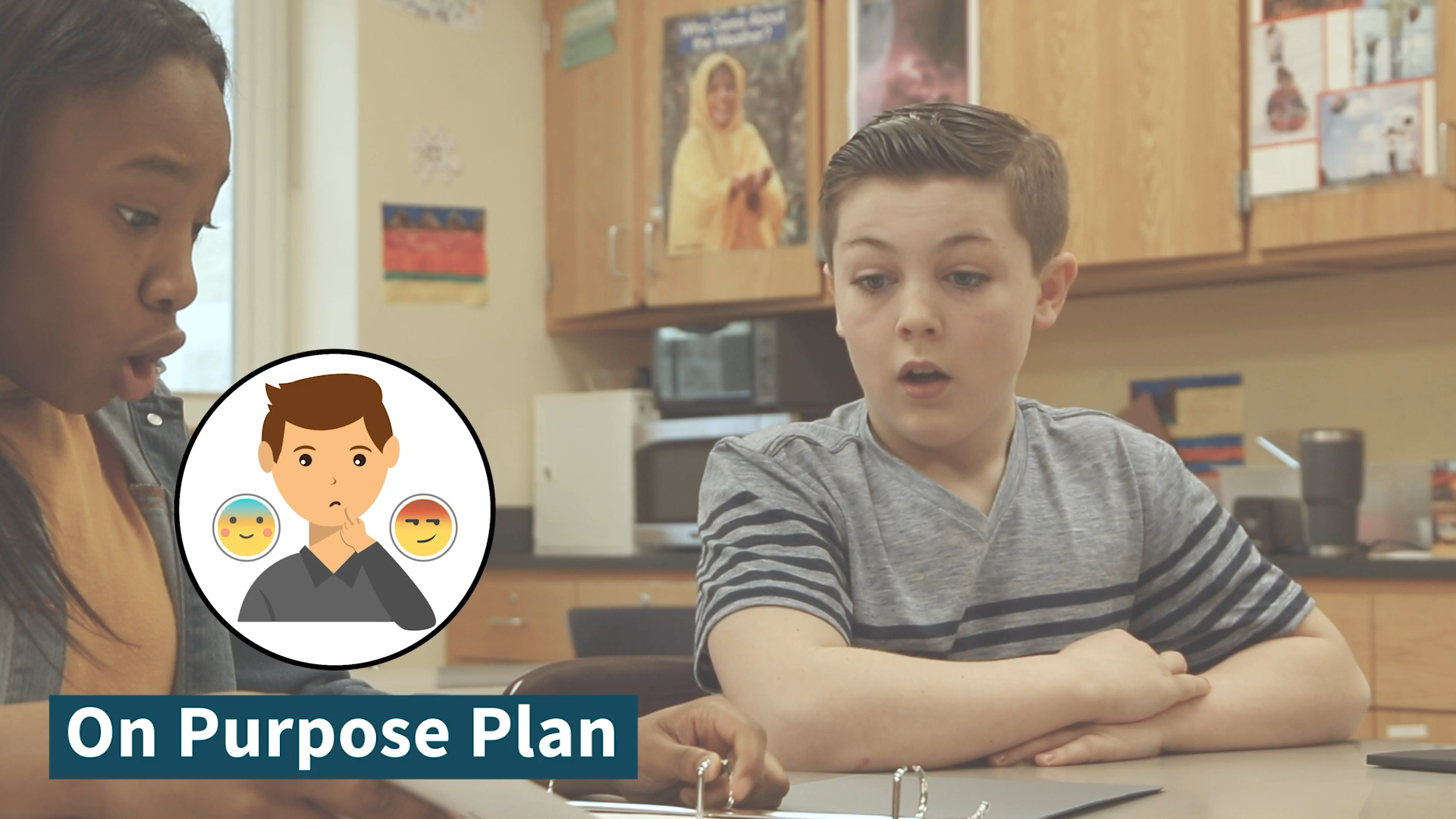
Introduction
It can be challenging for kindergarten students to differentiate between actions that are done on purpose and those that happen by accident. Teaching them the On Purpose Plan is an excellent way to help them understand this concept. The On Purpose Plan involves observing the reactions of others to determine whether an action was intentional or accidental. This skill is essential in promoting healthy social interactions and fostering empathy among young students.
No-Prep Activity: The On Purpose Plan Role-Play
This activity requires no preparation or materials and can be implemented in the classroom right away. The goal is to help students practice using the On Purpose Plan to differentiate between accidents and purposeful actions.
- Divide the students into pairs.
- Explain the On Purpose Plan to the students: look at the other person’s reactions, facial expressions, tone of voice, and actions to determine if an action was done on purpose or by accident.
- Provide the students with a few simple scenarios, such as dropping a pencil or accidentally bumping into someone.
- Have each pair of students take turns acting out the scenarios, with one student as the “actor” and the other as the “observer.” The observer will use the On Purpose Plan to determine if the action was done on purpose or by accident.
- After each scenario, discuss the observer’s findings with the class and encourage students to share their observations.
Discussion Questions
- Why is it important to know if an action was done on purpose or by accident?
- How can using the On Purpose Plan help us respond more appropriately to different situations?
- What are some other situations where you can apply the On Purpose Plan?
- How can understanding the difference between accidents and purposeful actions help us be more empathetic towards others?
- How can we use the On Purpose Plan to improve our own actions and reactions?
Related Skills
Teaching the On Purpose Plan not only helps students understand the difference between accidents and purposeful actions, but also contributes to the development of other essential social-emotional skills, such as:
- Empathy
- Conflict resolution
- Active listening
- Self-awareness
- Emotion regulation
Next Steps
Are you interested in teaching your kindergarten students the On Purpose Plan and other valuable social-emotional learning skills? Sign up to receive free sample materials from Everyday Speech to help you get started. These resources will make it easier for you to incorporate the On Purpose Plan and other essential skills into your classroom, fostering a supportive and empathetic learning environment for your students.

